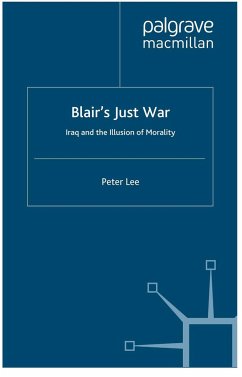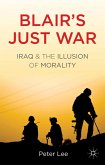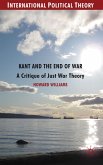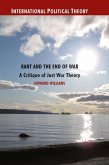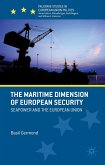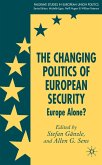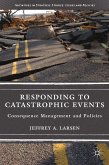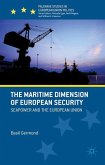Bringing together both contemporary and historical just war concepts, Peter Lee shows that Blair's illusion of morality evaporated quickly and irretrievably after the 2003 Iraqinvasion because the ideas Blair relied upon were taken out of their historical context and applied in a global political system where they no longer hold sway.
'This is an important book on an important subject, and future politician-generals would do well to study it for their second, third and better thoughts when contemplating war.' AC Grayling, Master of New College of the Humanities, UK
'Peter Lee provides a nuanced, probing, and reflective examination of Blair's essentially moral arguments in the context of both international law and the UK political scene. One of the most valuable contributions of this book is its attention to the matter of what counts for truth in ambiguous situations and the role of political leadership in shaping a public conception of truth. While Lee concludes that Blair's judgments in the case of Iraq were wrong, his presentation takes the reader into Blair's reasoning process in an insightful, reflection-provoking way, so that even readers who disagree with Lee's conclusions will benefit greatly from what he has to say.' James Turner Johnson, Professor of Religion, Rutgers University, USA
'Judicious, hard-hitting, and erudite: this is a wonderful book. Drawing upon a rich account of the just war tradition, Peter Lee offers a razor-sharp moral examination of Tony Blair's role in the 2003 invasion of Iraq. This is essential reading for all scholars interested in the ethics of war: from advanced undergraduates to specialists in the field.' Cian O'Driscoll, Lecturer in International Politics, University of Glasgow, UK
'Peter Lee provides a nuanced, probing, and reflective examination of Blair's essentially moral arguments in the context of both international law and the UK political scene. One of the most valuable contributions of this book is its attention to the matter of what counts for truth in ambiguous situations and the role of political leadership in shaping a public conception of truth. While Lee concludes that Blair's judgments in the case of Iraq were wrong, his presentation takes the reader into Blair's reasoning process in an insightful, reflection-provoking way, so that even readers who disagree with Lee's conclusions will benefit greatly from what he has to say.' James Turner Johnson, Professor of Religion, Rutgers University, USA
'Judicious, hard-hitting, and erudite: this is a wonderful book. Drawing upon a rich account of the just war tradition, Peter Lee offers a razor-sharp moral examination of Tony Blair's role in the 2003 invasion of Iraq. This is essential reading for all scholars interested in the ethics of war: from advanced undergraduates to specialists in the field.' Cian O'Driscoll, Lecturer in International Politics, University of Glasgow, UK

